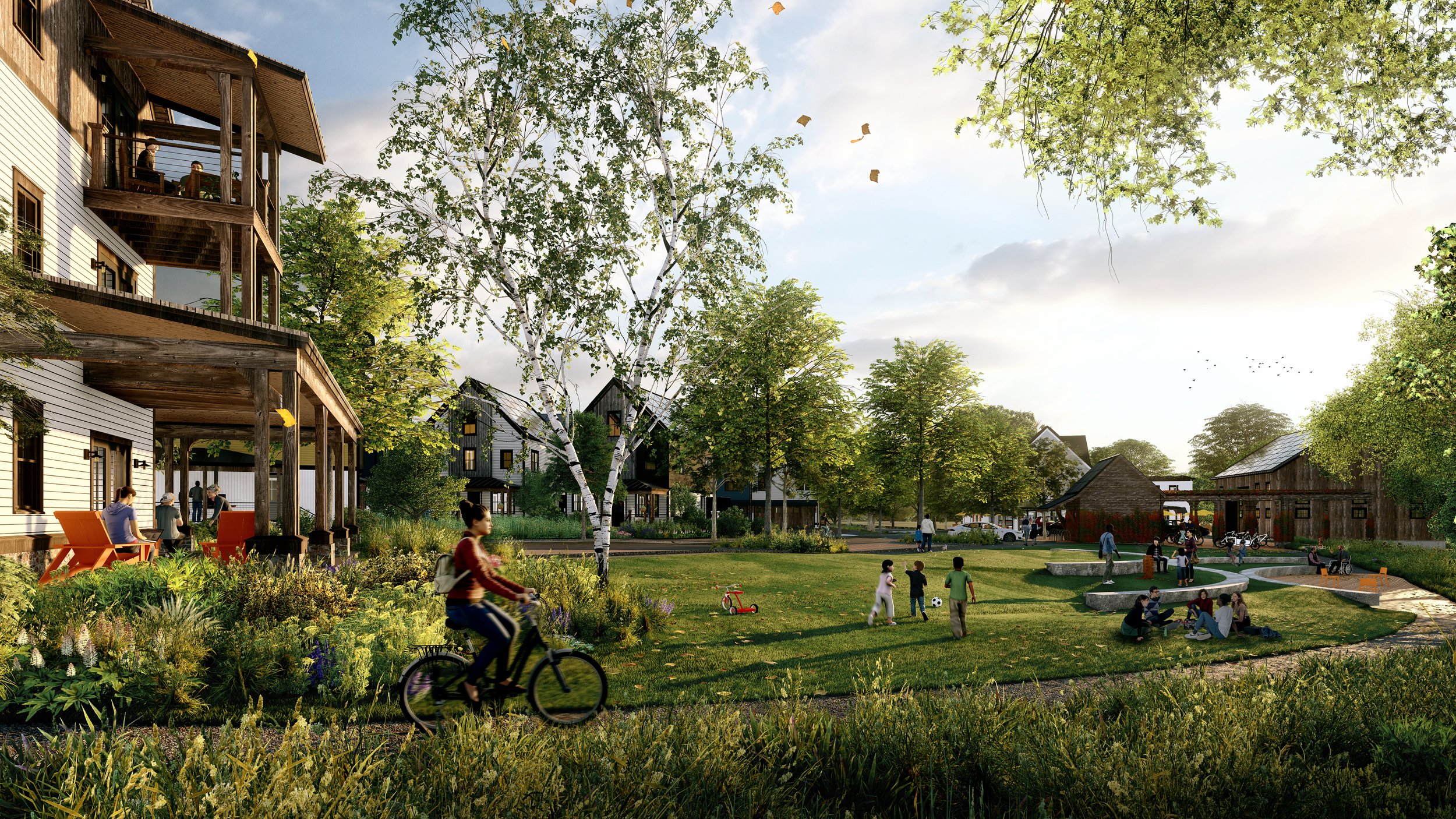Introduction
In the dynamic world of real estate, sustainability is no longer a choice but a necessity. Today, we’re privileged to gain insights from Sarah Mitchell, a prominent sustainability consultant with a remarkable career spanning two decades. Sarah’s wealth of experience serves as a guiding beacon for developers, investors, and homeowners eager to understand the profound impact of green certifications in the realm of real estate.
Unraveling the Green Real Estate Revolution
Defining Sustainability in Real Estate
Sustainability in real estate is a game-changer. It involves constructing properties that are not only environmentally responsible but also resource-efficient, providing a higher quality of life for occupants. Green certifications are the compass guiding the industry on this transformative journey.
Prominent Green Building Certifications
Here’s a concise overview of some of the most influential green building certifications:
| Certification | Focus Areas | Benefits |
|---|---|---|
| LEED (Leadership in Energy and Environmental Design) | Energy efficiency, water conservation, indoor air quality | Enhanced property value, lower operational costs |
| BREEAM (Building Research Establishment Environmental Assessment Method) | Sustainable design, materials, and construction | Reduced carbon footprint, healthier environments |
| Passive House Standard | Exceptional insulation, airtightness, and heat recovery | Minimal energy bills, superior comfort |
The Compelling Advantages of Going Green
Enhancing Property Values
Green certifications have a profound impact on property values. Sarah Mitchell points to studies indicating that LEED-certified buildings can command rent premiums of up to 20%. Tenants are increasingly willing to pay more for sustainable living.
Trimming Operational Costs
Reducing energy consumption and water usage translates into substantial operational cost savings. For property owners, this translates to higher profitability over the long term. Sustainable properties also attract government incentives and tax benefits.
Creating Healthier Living Environments
Sarah Mitchell emphasizes the importance of indoor air quality. Certified green buildings prioritize ventilation and non-toxic materials, fostering healthier and more productive living and working spaces.

The Investor’s Perspective
The Green Premium
Investors seeking stable and lucrative assets are increasingly turning to sustainable properties. According to Mitchell, green-certified buildings offer protection against future regulatory changes and fluctuations in energy prices. The potential for long-term savings and increased resale value makes them an attractive investment.
Risk Mitigation
Sustainability is a risk mitigator. Properties with green certifications are less vulnerable to environmental and regulatory shocks. In a world grappling with climate change, these properties offer security for investors.
Taking Action: Navigating the Path to Sustainability
Seeking Expert Guidance
Sarah Mitchell advises those embarking on the journey of green certifications to collaborate with experts, including architects, engineers, and sustainability consultants. These professionals play a pivotal role in navigating the certification process.
Setting Clear Objectives
Understanding your sustainability goals is paramount. Mitchell recommends considering factors like location, building type, and target demographic when planning your sustainable real estate project.
Conclusion: A Sustainable Future in Real Estate
The wisdom shared by Sarah Mitchell underscores the growing importance of sustainability in real estate. Green certifications aren’t just about environmental responsibility; they’re about creating enduring value, reducing costs, and providing healthier spaces for generations to come.
In a world marked by climate change and dwindling resources, the real estate industry’s shift toward sustainability is more than a trend; it’s a necessity. Whether you’re a developer, investor, or homeowner, the time has come to embrace the value of green certifications in real estate and contribute to a greener, more prosperous future.



